Cats are known for their independent and sometimes aloof nature, but sudden or extreme shyness can be a sign of underlying issues. Are you missing the signs that your cat might be in distress?
1. Hiding More Than Usual
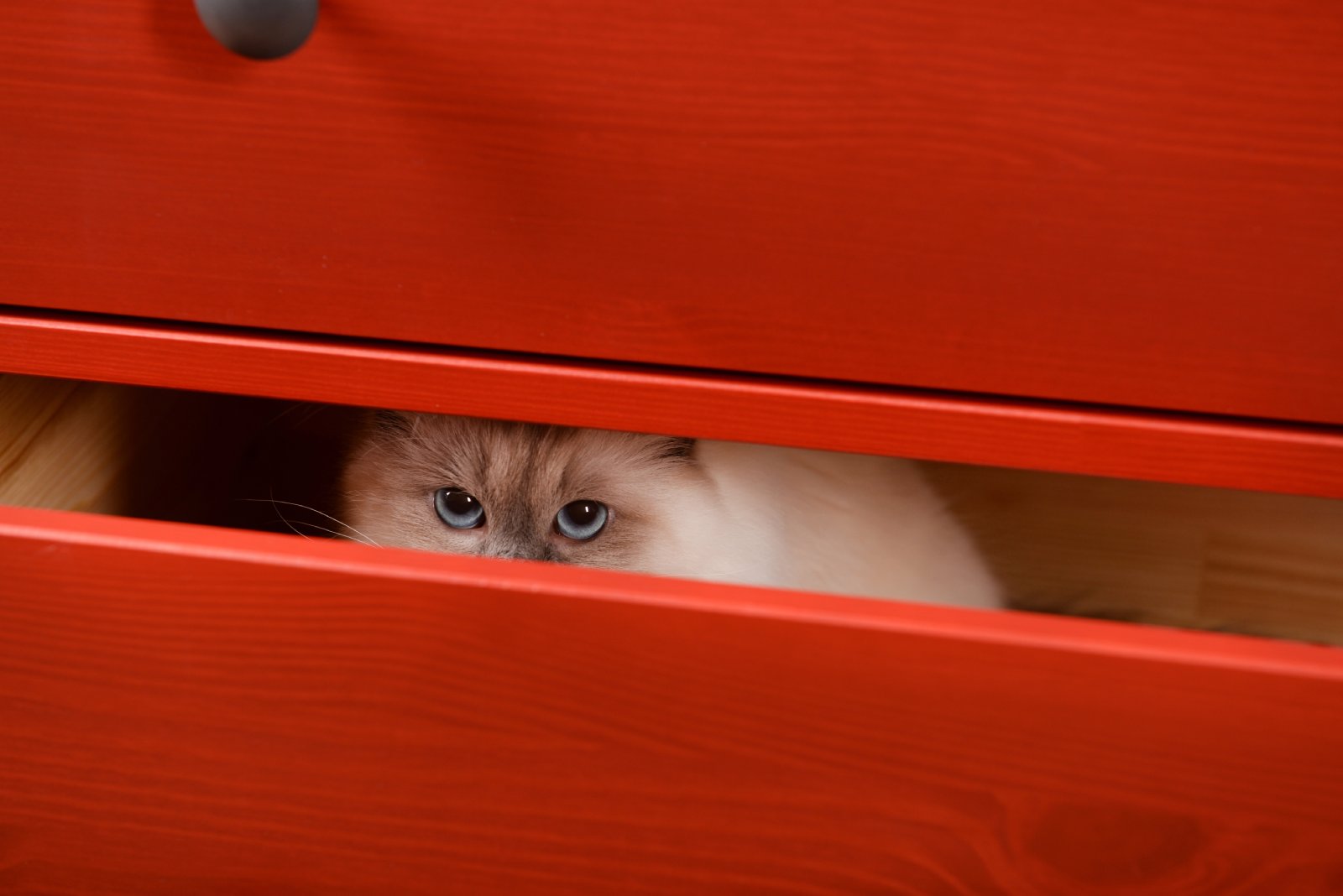
If your cat is suddenly spending more time hidden away, it could be a sign of fear or pain. Cats often hide when they’re not feeling well. Check for any injuries or signs of illness, and consult your vet.
2. Decreased Appetite
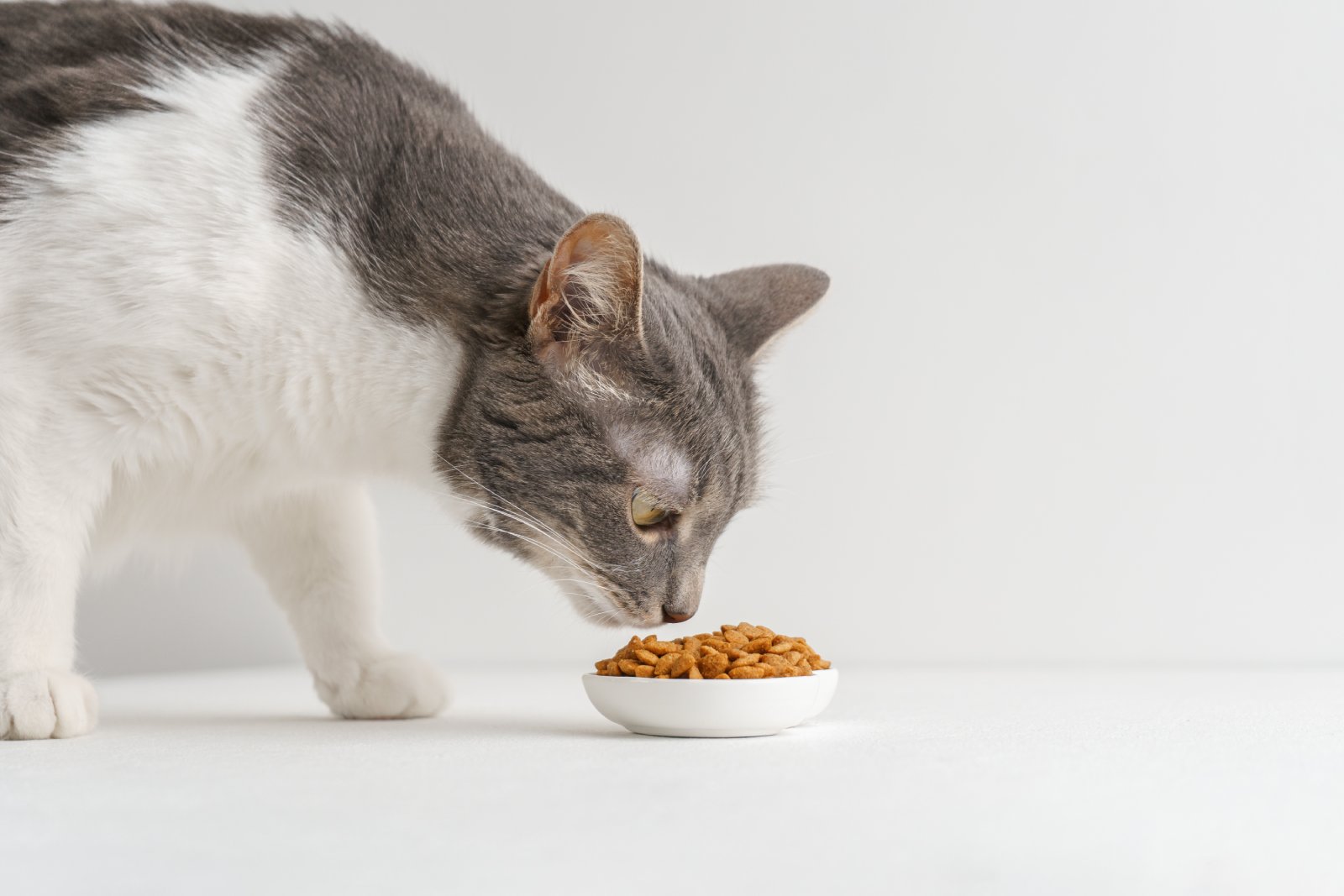
A sudden lack of interest in food can indicate dental issues, gastrointestinal problems, or other serious health concerns. If your cat’s eating habits change dramatically, it’s time for a vet visit.
3. Excessive Grooming
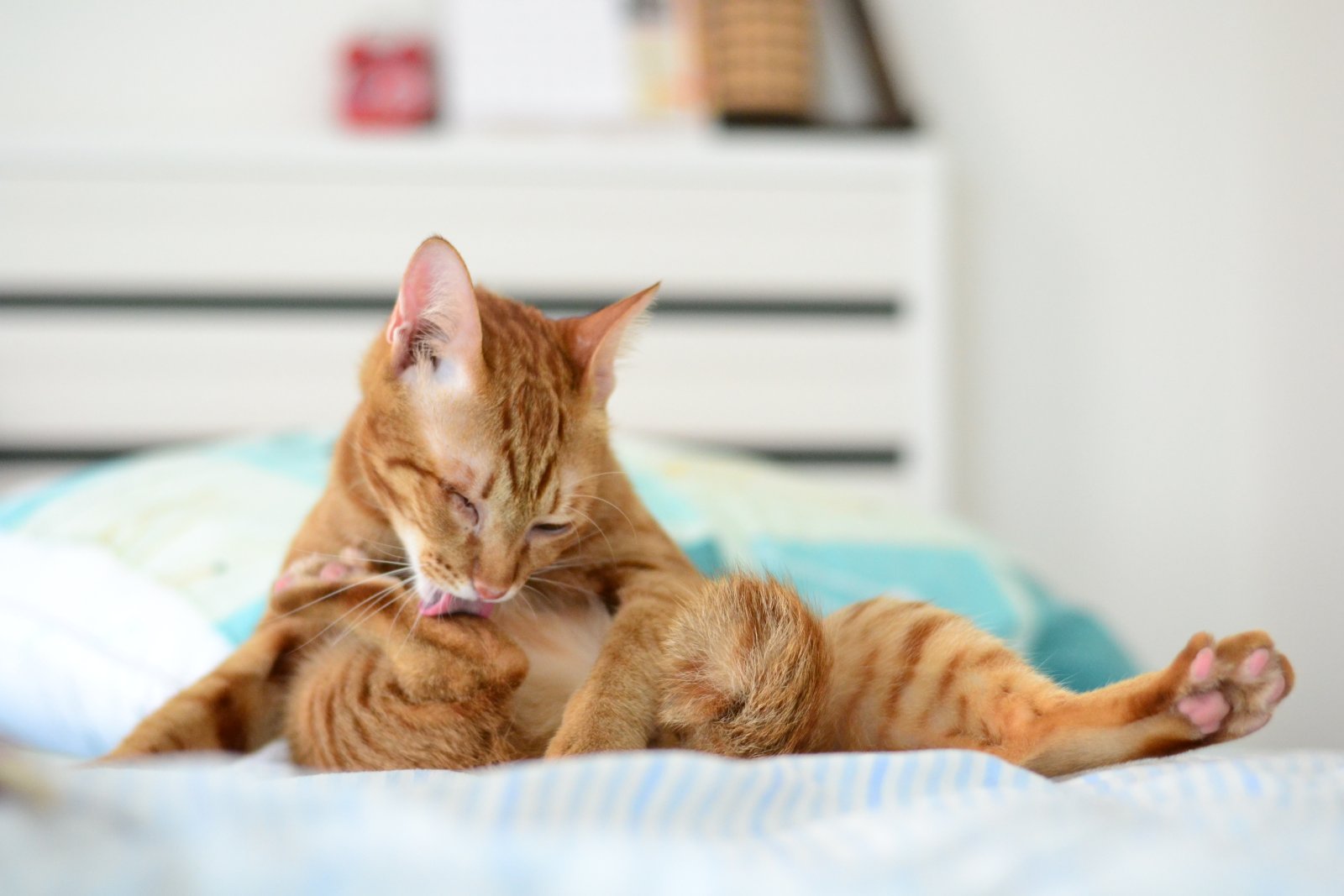
While grooming is a natural behavior, excessive grooming can be a sign of anxiety, skin problems, or parasites. Watch for bald spots or irritated skin, and consult your vet if you notice these symptoms.
4. Avoiding Social Interaction
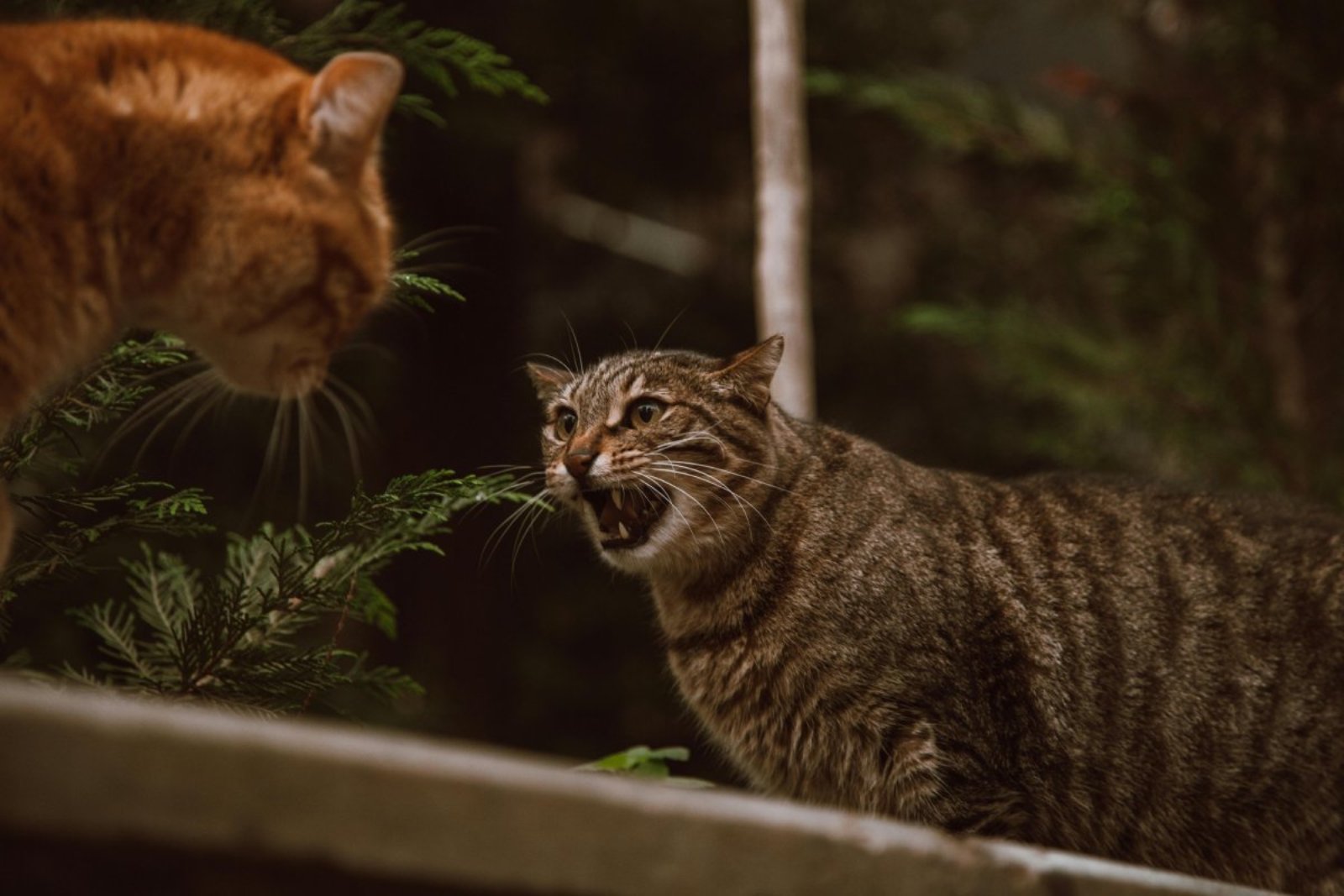
If your usually social cat starts avoiding you or other pets, it could be a sign of stress or illness. Cats in pain or discomfort often withdraw from social activities.
5. Changes in Litter Box Habits
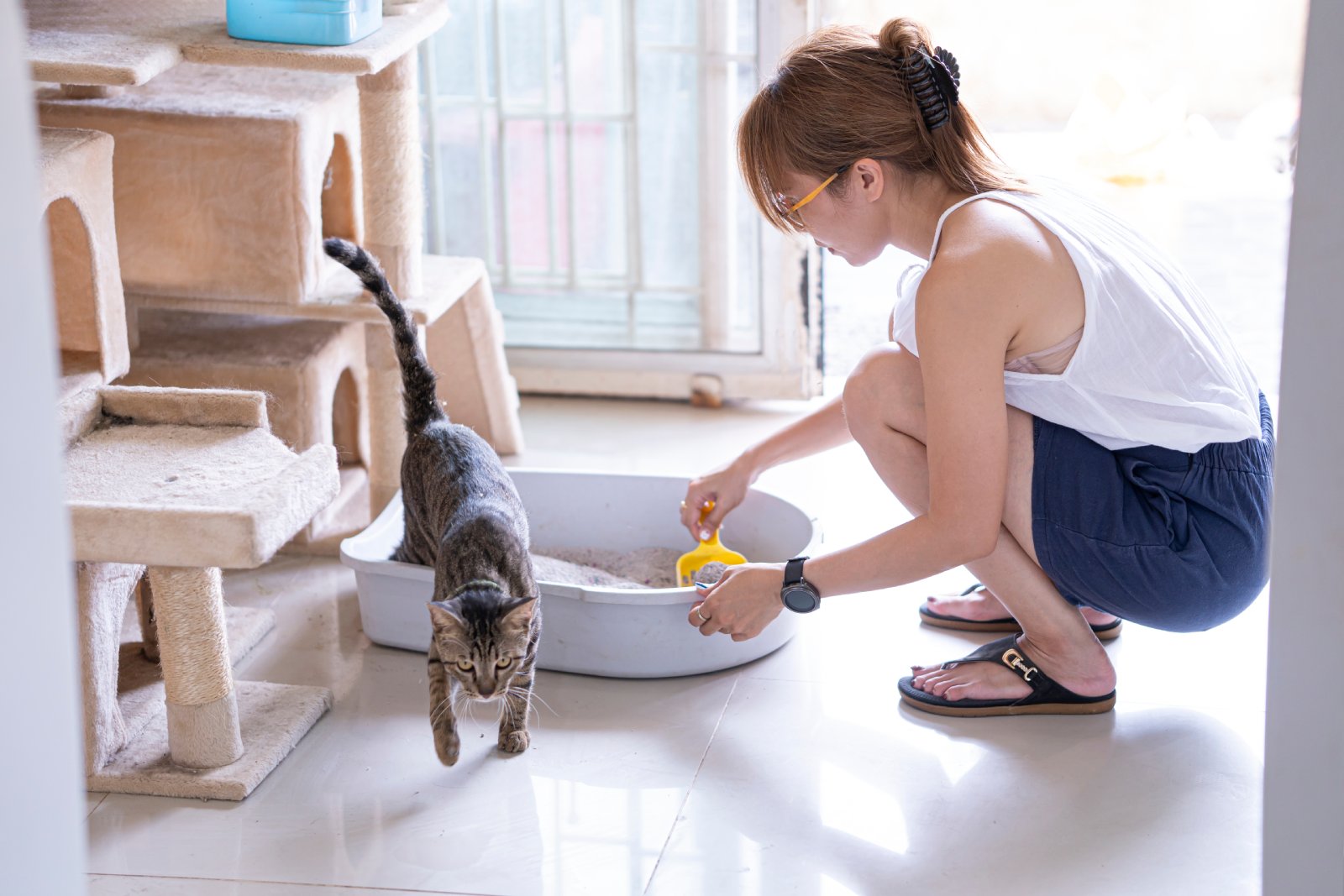
If your cat starts missing the litter box or has a change in litter box habits, it could be due to urinary tract infections, kidney issues, or stress. Always take litter box issues seriously and consult your vet.
6. Unexplained Aggression
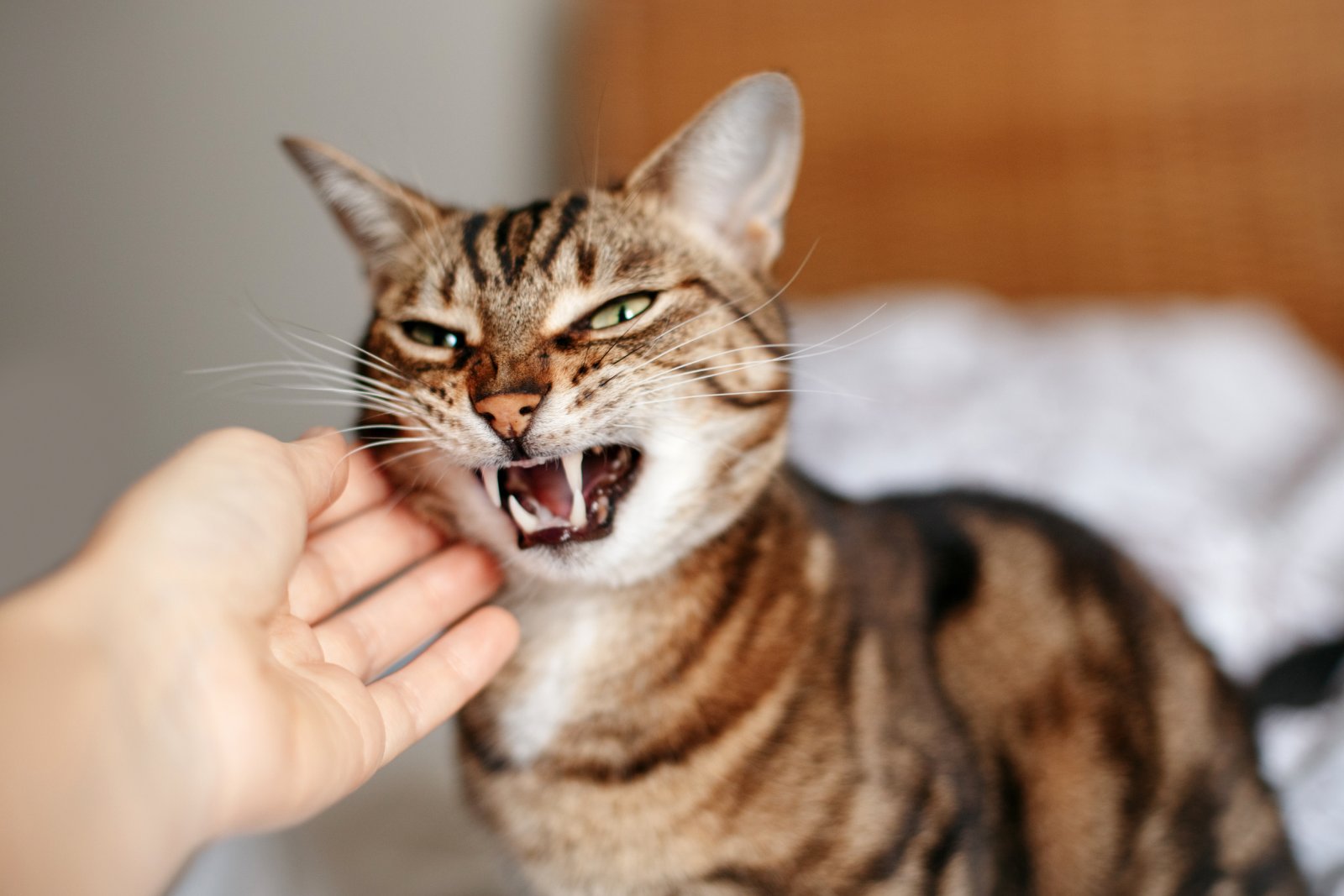
Sudden aggression towards people or other animals can be a sign of pain or illness. Conditions like arthritis or dental disease can make your cat more irritable.
7. Changes in Vocalization
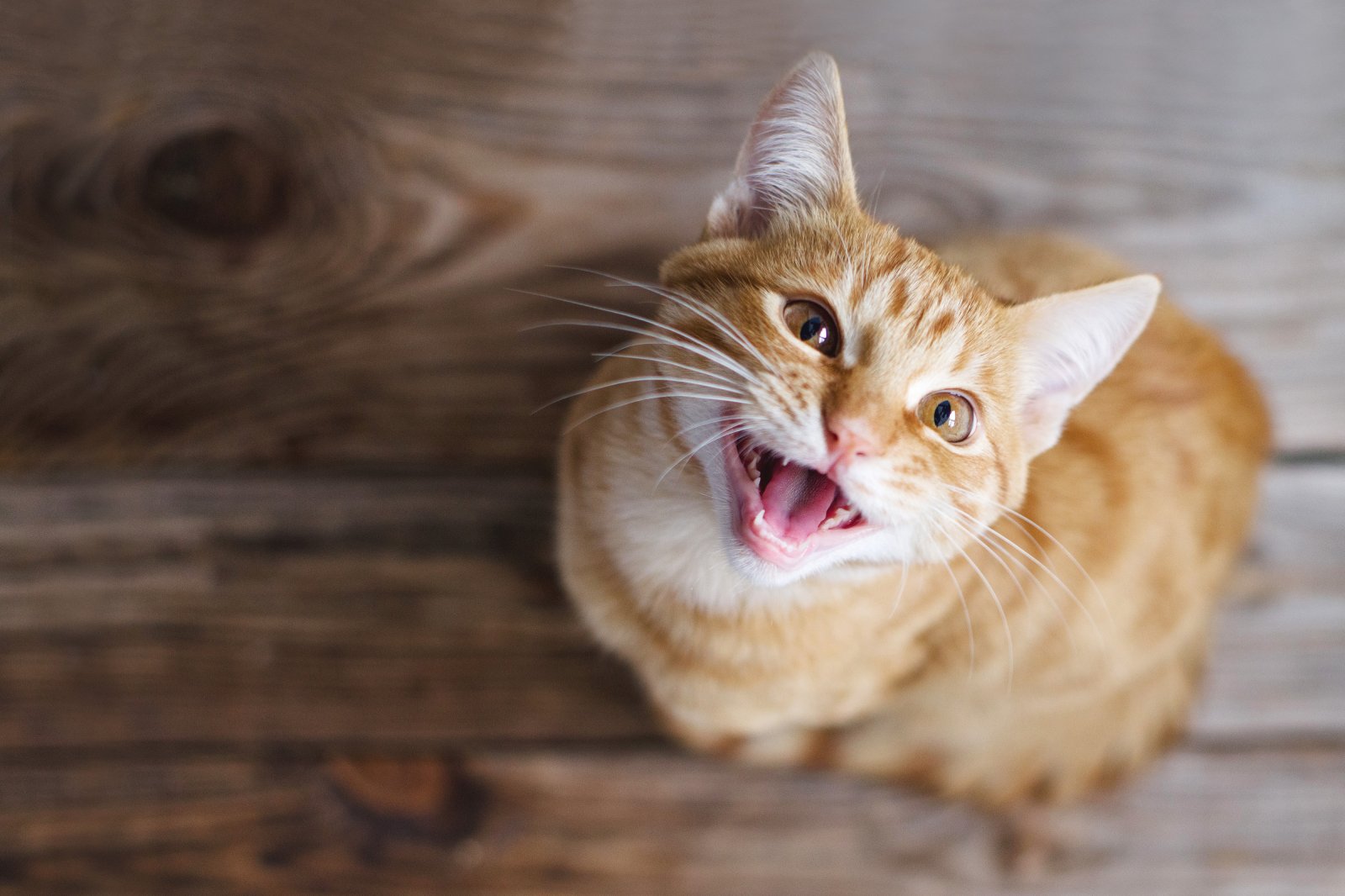
Increased meowing or unusual sounds can indicate that your cat is in distress or pain. Pay attention to changes in their vocal patterns, as they might be trying to tell you something is wrong.
8. Lethargy

If your cat is less active or playful than usual, it could be a sign of health issues such as infections, heart problems, or arthritis. Lethargy is a common symptom of many underlying conditions.
9. Unexplained Weight Loss
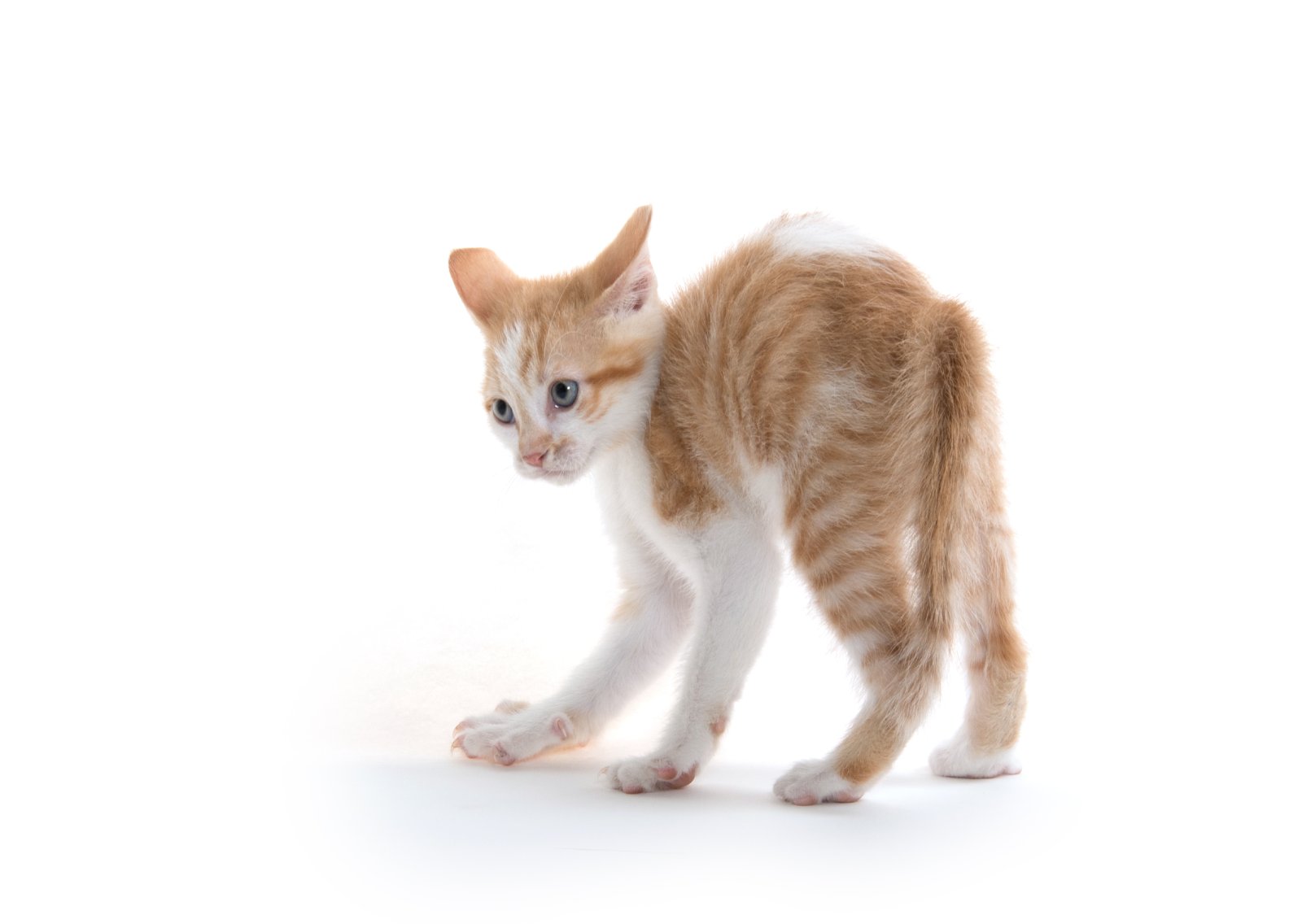
Weight loss can be a sign of several serious conditions, including hyperthyroidism, diabetes, or cancer. If your cat is losing weight without a change in diet, consult your vet immediately.
10. Changes in Sleeping Patterns
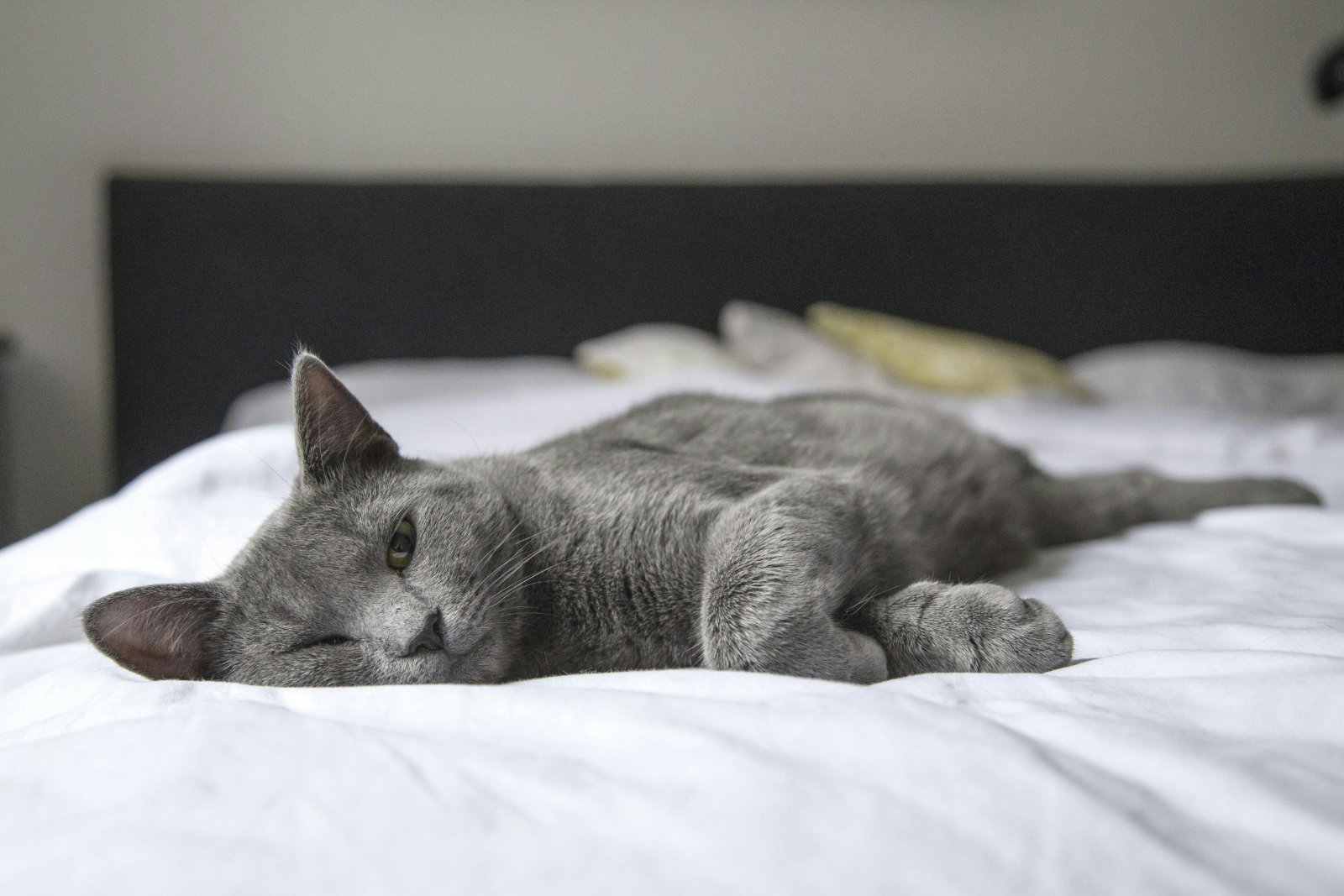
While cats sleep a lot, a noticeable increase or decrease in sleeping time can indicate problems. Excessive sleep or restlessness can be signs of discomfort or illness.
11. Persistent Sneezing or Coughing

Frequent sneezing or coughing can be signs of respiratory infections or allergies. If these symptoms persist, it’s important to have your cat checked by a vet.
12. Visible Injuries or Bites
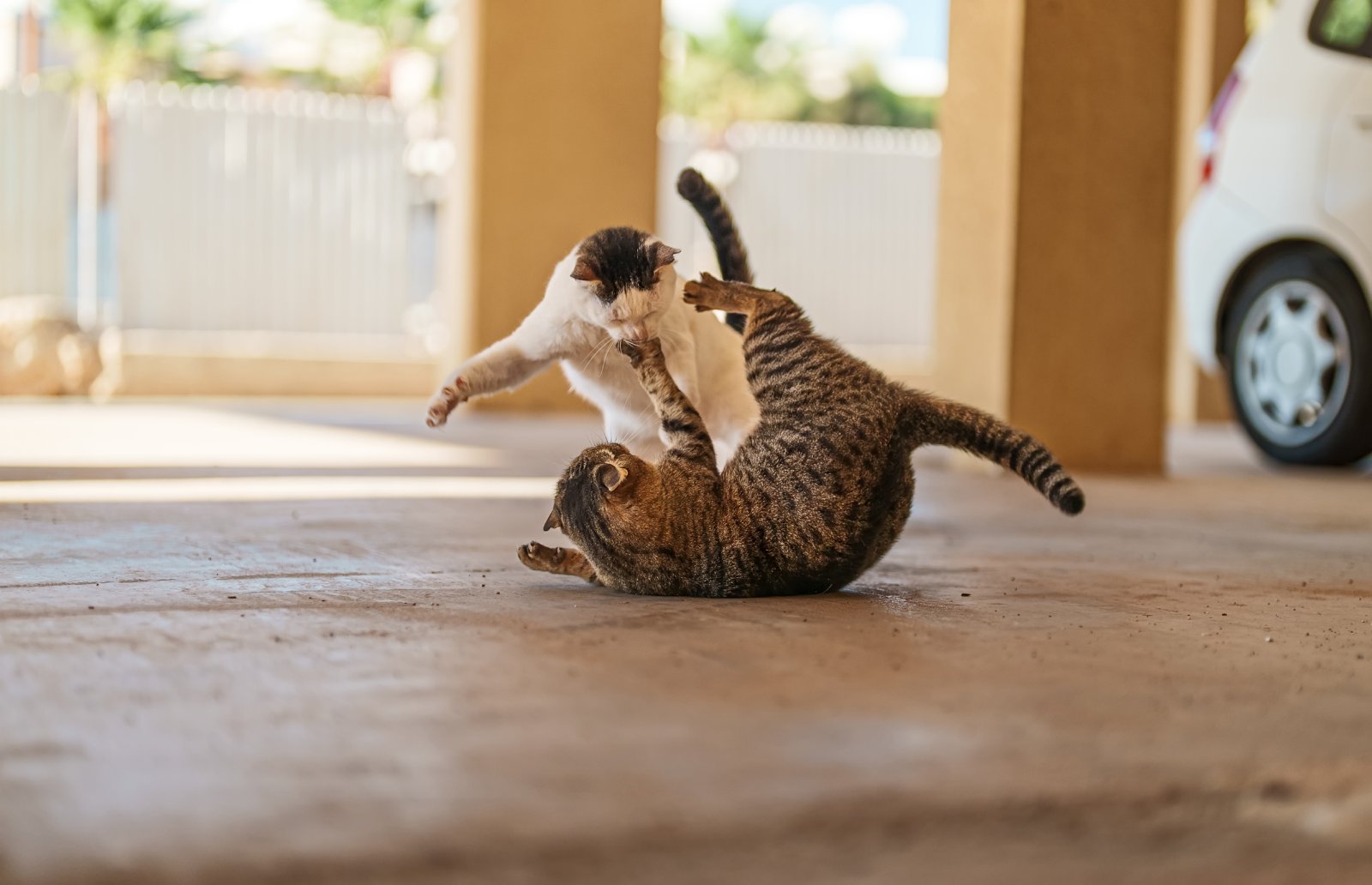
If your cat has been in a fight or has visible wounds, they may be hiding due to pain or fear. Even small bites can lead to serious infections. Clean any wounds and monitor them closely.
Don’t Ignore the Signs

Your cat’s shyness or changes in behavior might be more than just a personality quirk. By paying attention to these disturbing clues, you can ensure your cat gets the help they need. Always consult your vet if you notice any of these signs to keep your beloved pet healthy and happy.
Featured Image Credit: Shutterstock / larisa Stefanjuk.
For transparency, this content was partly developed with AI assistance and carefully curated by an experienced editor to be informative and ensure accuracy.

